Industrial piping systems demand precision. Custom IPS PPH fitting 135° elbows solve unique connection challenges that standard fittings cannot address.
Understanding IPS PPH 135° Elbow Applications
PPH (Polypropylene Homopolymer) offers superior chemical resistance. The 135° angle provides optimal flow direction in confined spaces. These fittings excel in chemical processing, water treatment, and industrial drainage systems.
Standard angles often create flow restrictions. Custom 135° elbows eliminate turbulence while maintaining system pressure. This design reduces energy consumption and extends system lifespan.
Key Customization Parameters
Diameter Specifications
- Inner diameter matching existing pipe systems
- Wall thickness based on pressure requirements
- Custom flange dimensions for specialized connections
Material Modifications
PPH base material accepts various additives. UV stabilizers extend outdoor performance. Anti-static compounds prevent charge buildup in sensitive applications.
Connection Types
- Socket fusion ends for permanent joints
- Threaded connections for maintenance access
- Flanged versions for large diameter applications
Design Considerations for Custom 135° Elbows
Flow dynamics determine optimal internal geometry. Smooth radius transitions prevent pressure drops. Custom radius calculations ensure maximum efficiency.
Temperature requirements affect material selection. Standard PPH handles temperatures up to 100°C. Modified formulations extend this range for specialized applications.
Chemical compatibility requires careful material analysis. PPH resists most acids and alkalis. Custom testing validates compatibility with specific chemicals.
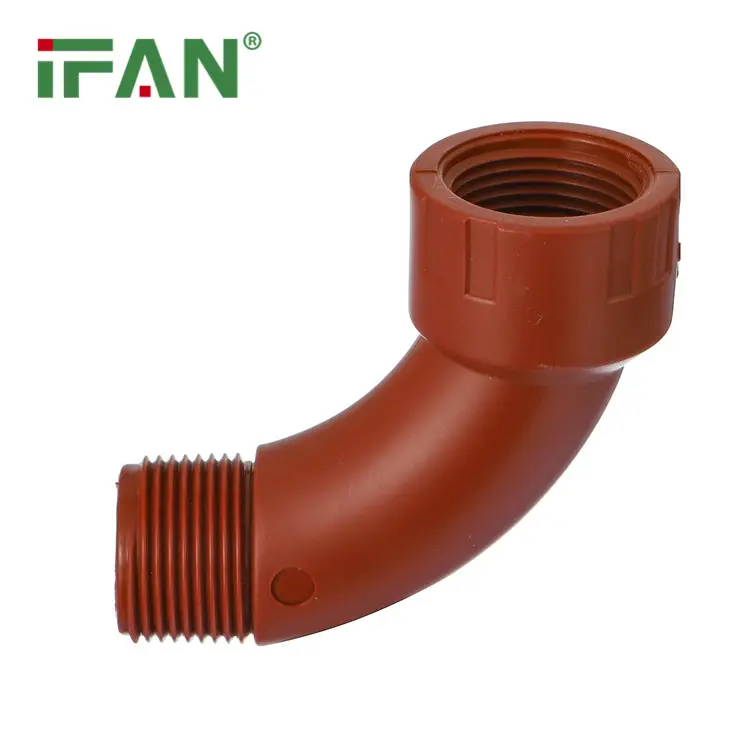
Manufacturing Process for Custom Fittings
Design Phase
CAD modeling creates precise specifications. Flow simulation validates performance characteristics. Stress analysis ensures structural integrity under operating conditions.
Tooling Development
Custom injection molds produce exact dimensions. Precision machining achieves tight tolerances. Quality control systems monitor dimensional accuracy.
Production Steps
- Material preparation and testing
- Injection molding with controlled parameters
- Cooling and dimensional inspection
- Surface finish and marking application
- Final quality verification
Quality Standards and Testing
Custom PPH fittings undergo rigorous testing. Pressure testing validates structural limits. Chemical resistance testing confirms compatibility. Dimensional inspection ensures perfect fit.
ISO 15494 standards govern PPH pipe fitting production. Custom fittings maintain these quality requirements while meeting specific customer needs.
Ordering Custom IPS PPH 135° Elbows
Successful customization requires detailed specifications:
Essential Information:
- Pipe diameter and wall thickness
- Operating pressure and temperature
- Chemical exposure requirements
- Installation environment conditions
- Connection type preferences
Technical Drawings Provide system layout drawings. Include space constraints and connection points. Specify any special marking or identification requirements.
Cost Factors in Customization
Tooling costs represent the primary investment. Higher quantities reduce per-unit pricing. Complex geometries increase manufacturing complexity and cost.
Lead times vary based on customization complexity. Simple modifications require 2-3 weeks. Complex custom tooling extends timelines to 6-8 weeks.
Installation Best Practices
Custom fittings require proper installation techniques. Socket fusion demands precise temperature control. Threaded connections need appropriate torque specifications.
System testing validates custom fitting performance. Pressure testing confirms structural integrity. Flow testing verifies hydraulic performance meets design requirements.
Maintenance and Longevity
PPH material offers exceptional durability. Proper installation ensures decades of service life. Regular inspection identifies potential issues before failure occurs.
Custom fittings often outlast standard alternatives. Precise fit eliminates stress concentrations. Optimal flow characteristics reduce wear and erosion.
Working with Experienced Manufacturers
Choose manufacturers with PPH expertise. Review previous custom projects and capabilities. Verify quality certifications and testing facilities.
Technical support throughout the project ensures success. Design consultation optimizes performance. Manufacturing expertise delivers reliable results.
Conclusion
Custom IPS PPH fitting 135° elbows solve complex piping challenges. Proper specification and manufacturing deliver superior performance. Professional customization services ensure optimal results for demanding applications.
Contact experienced PPH fitting manufacturers for custom solutions. Detailed specifications and professional consultation create perfect-fit components for your specific requirements.

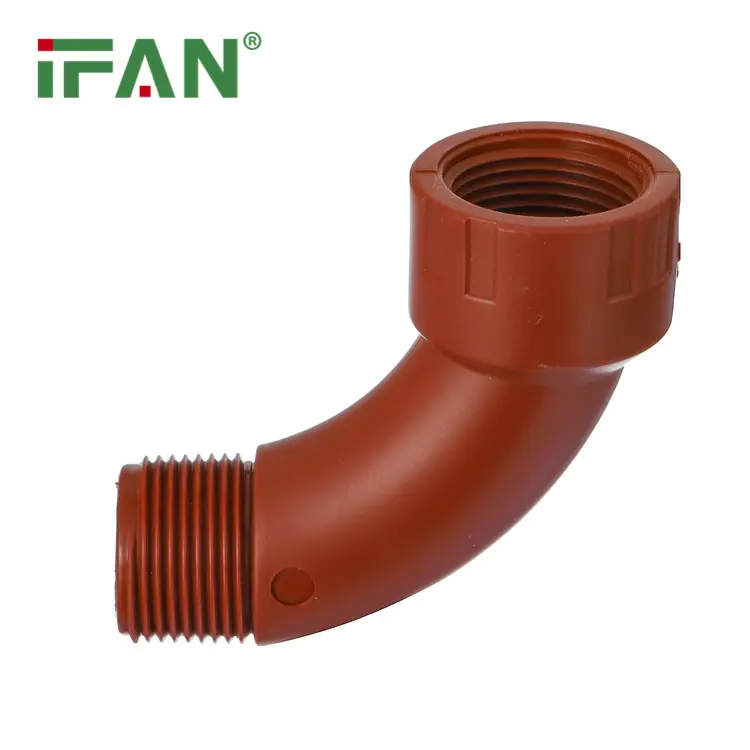
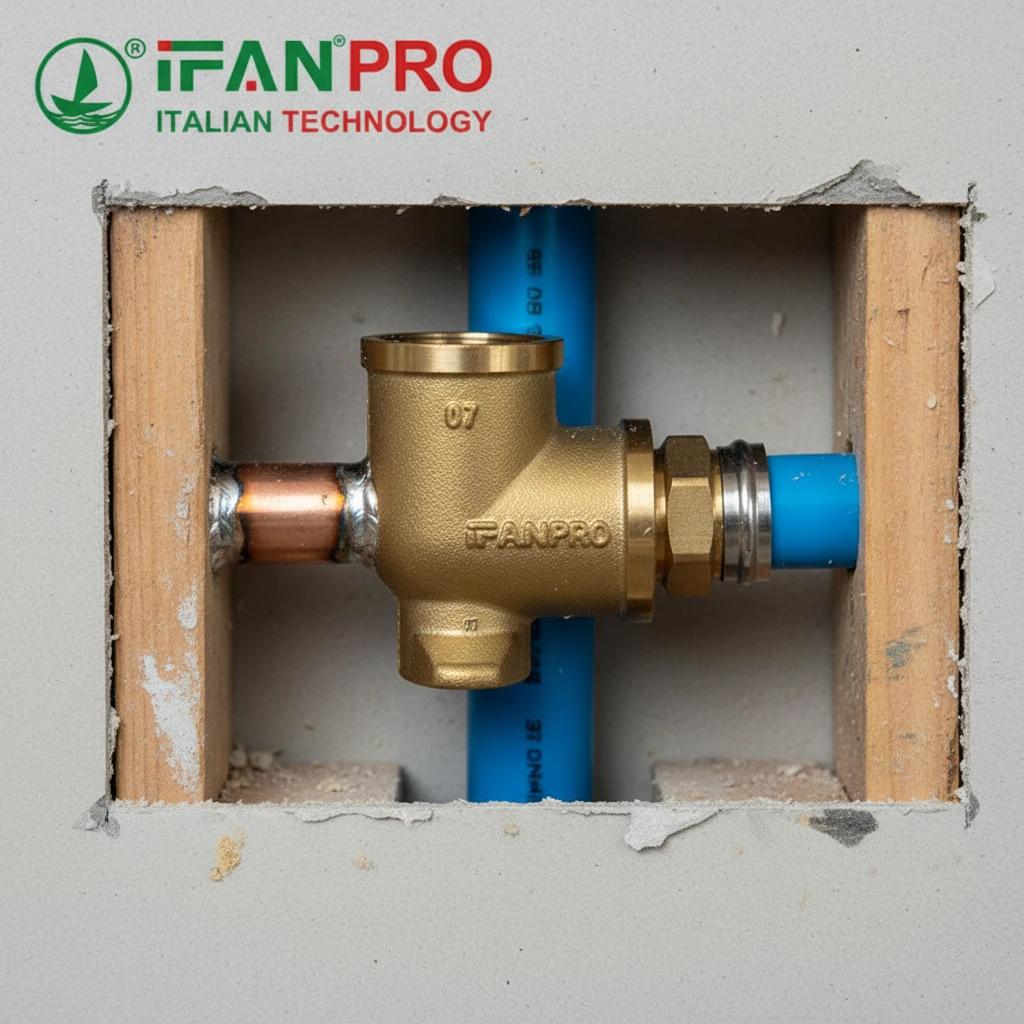
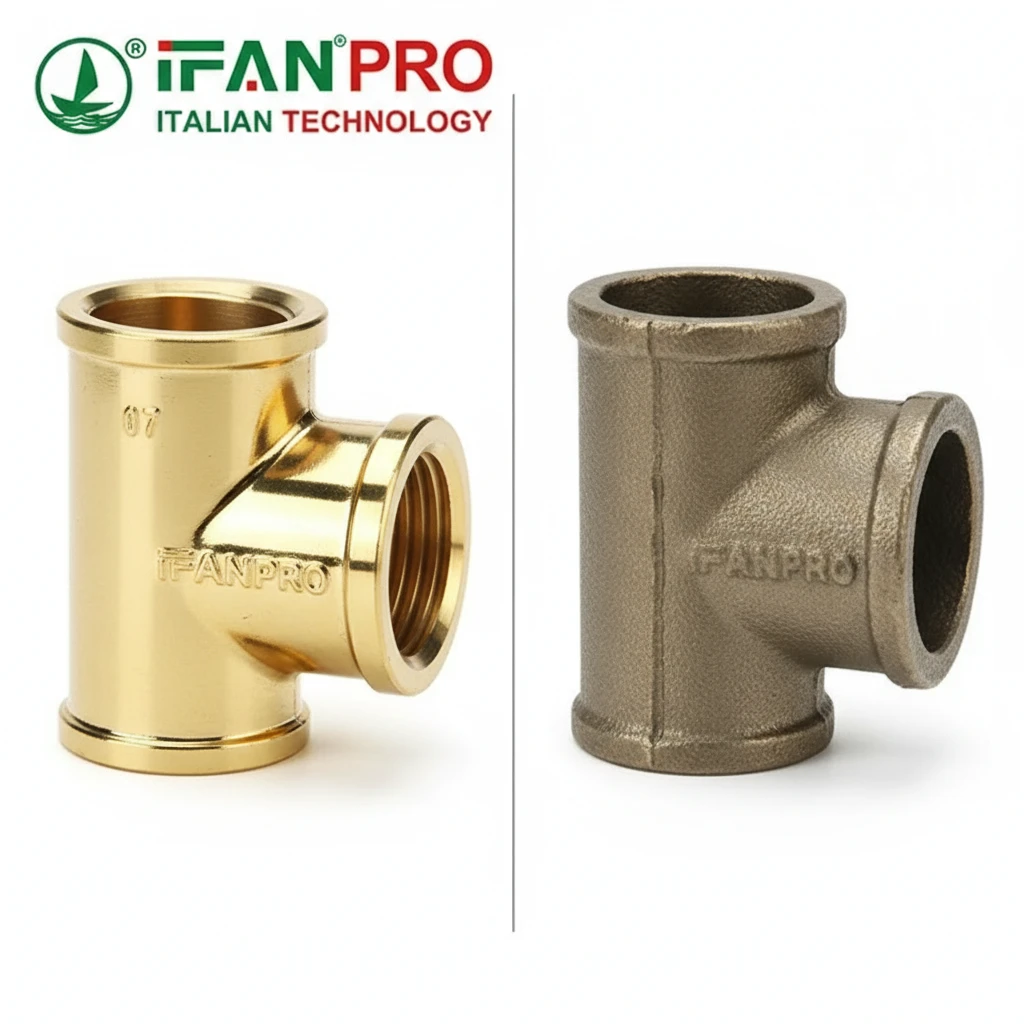
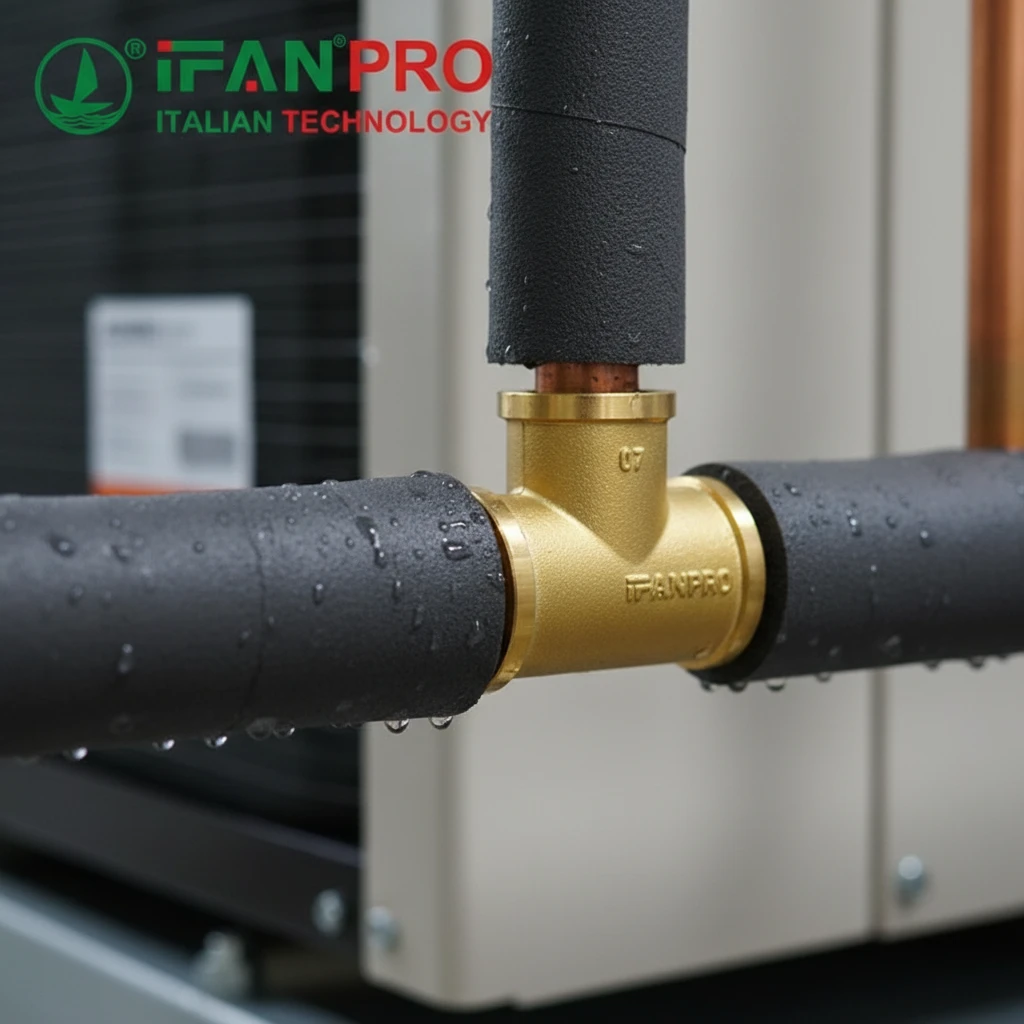









Commentaires récents